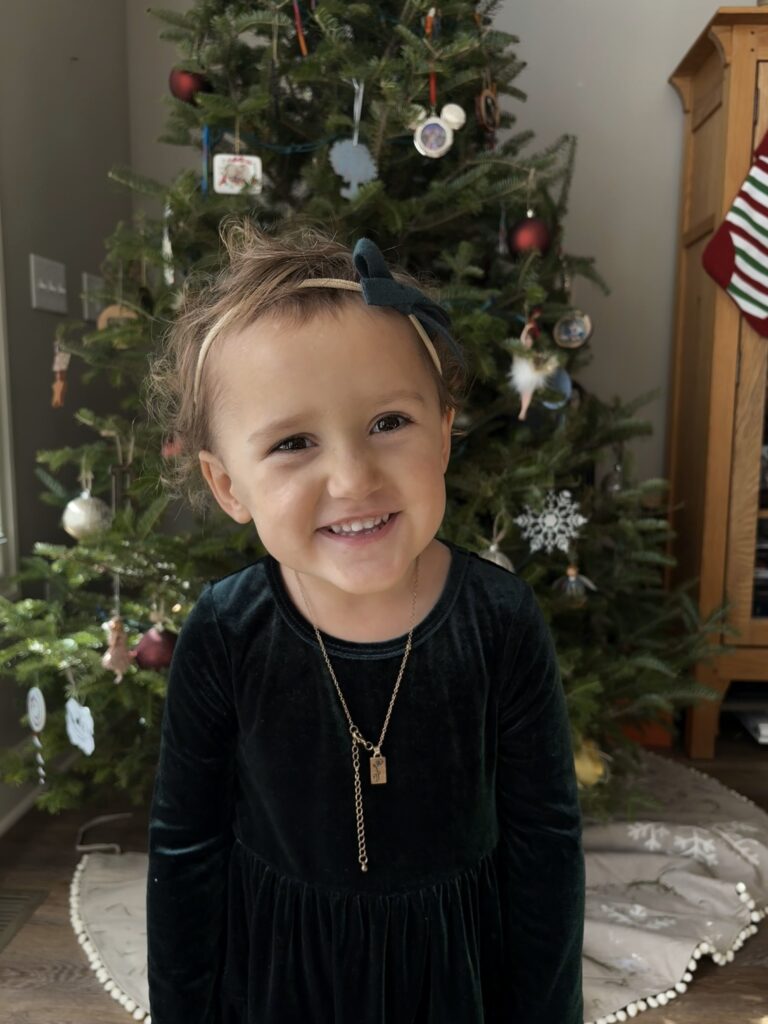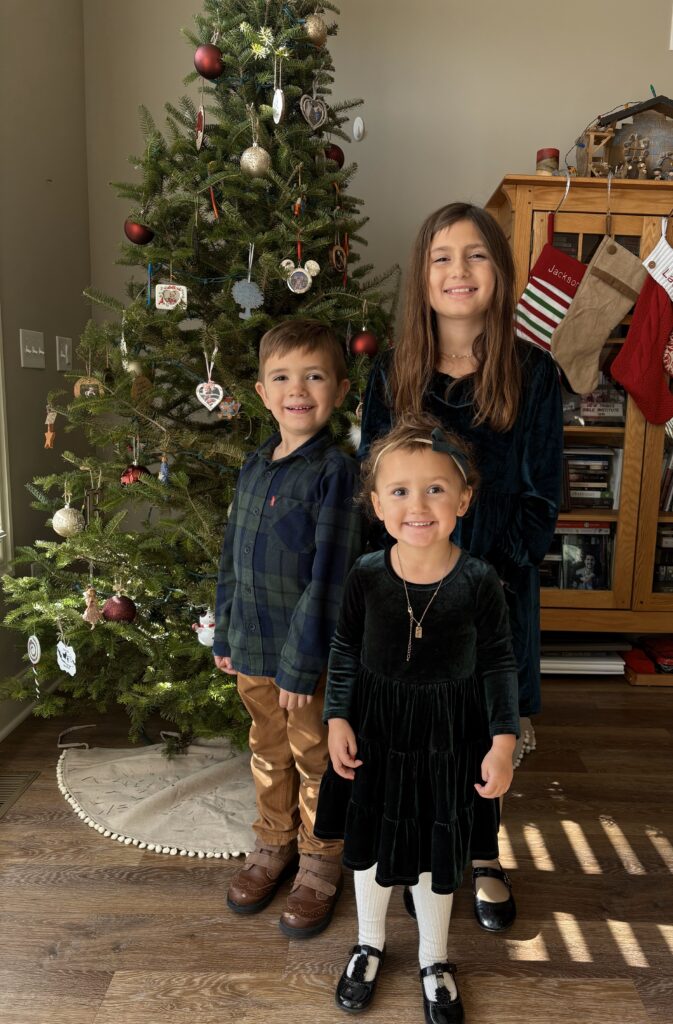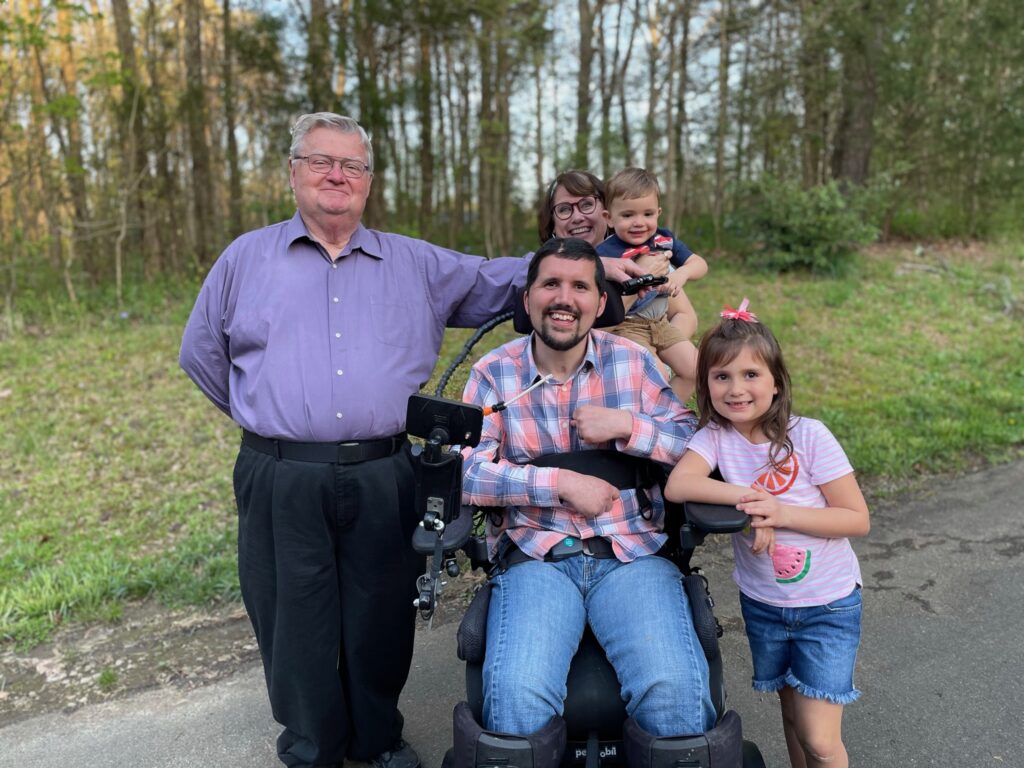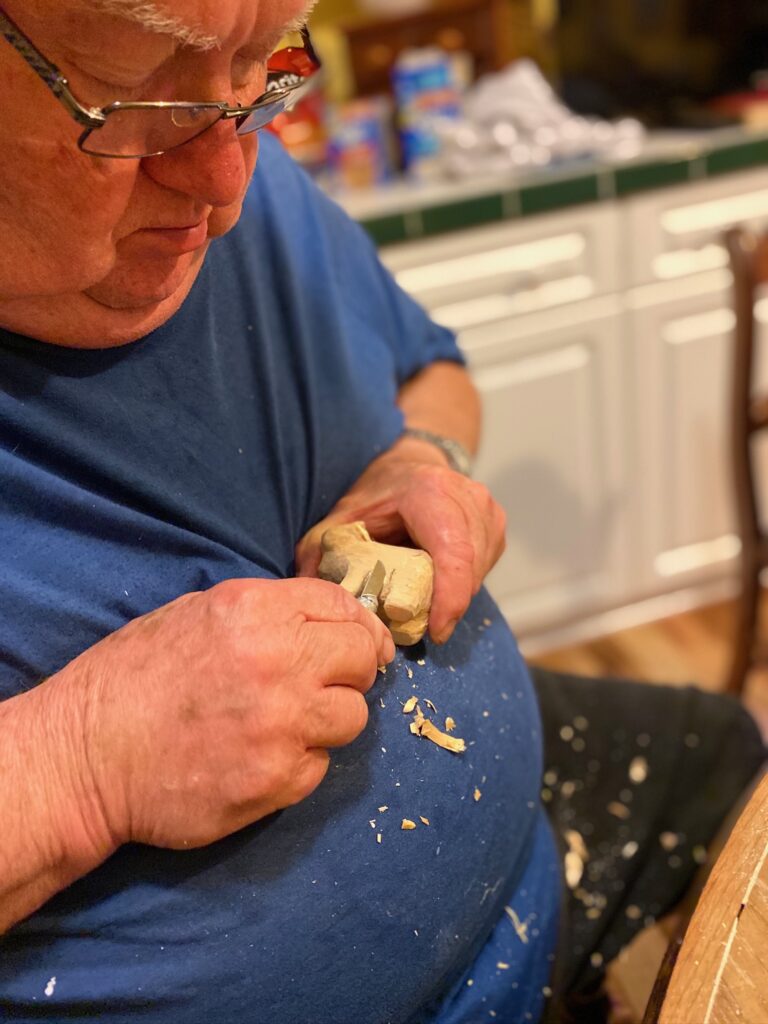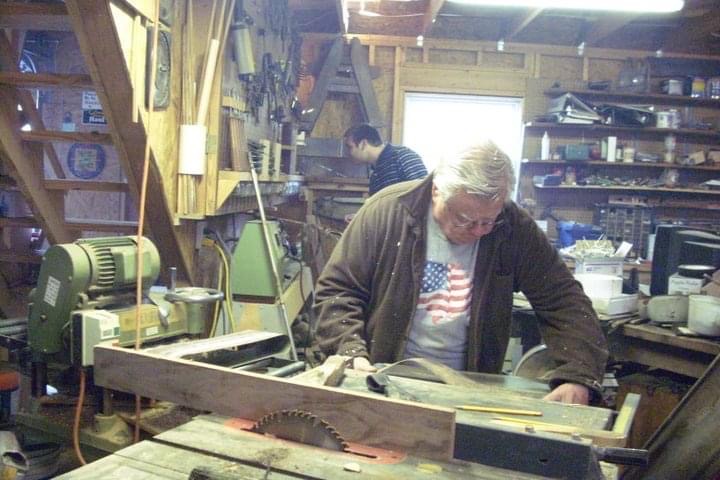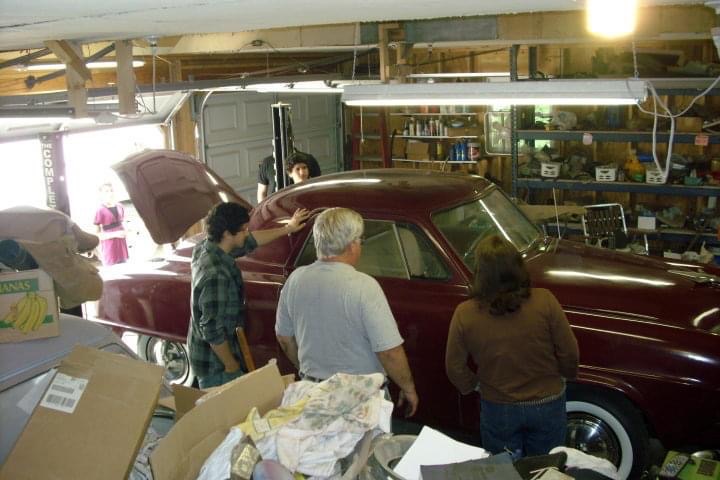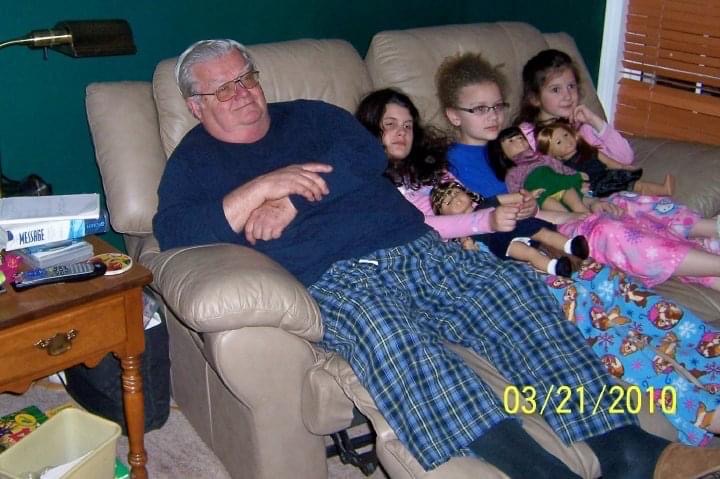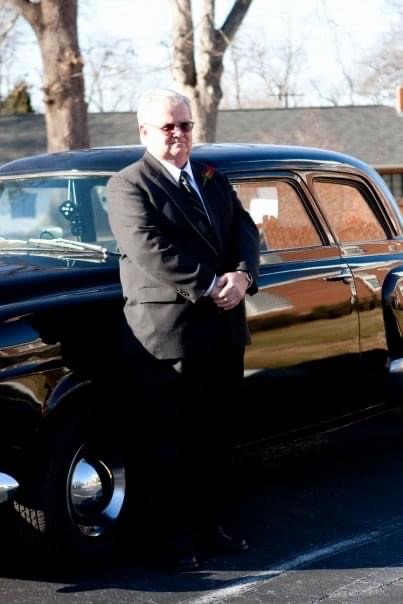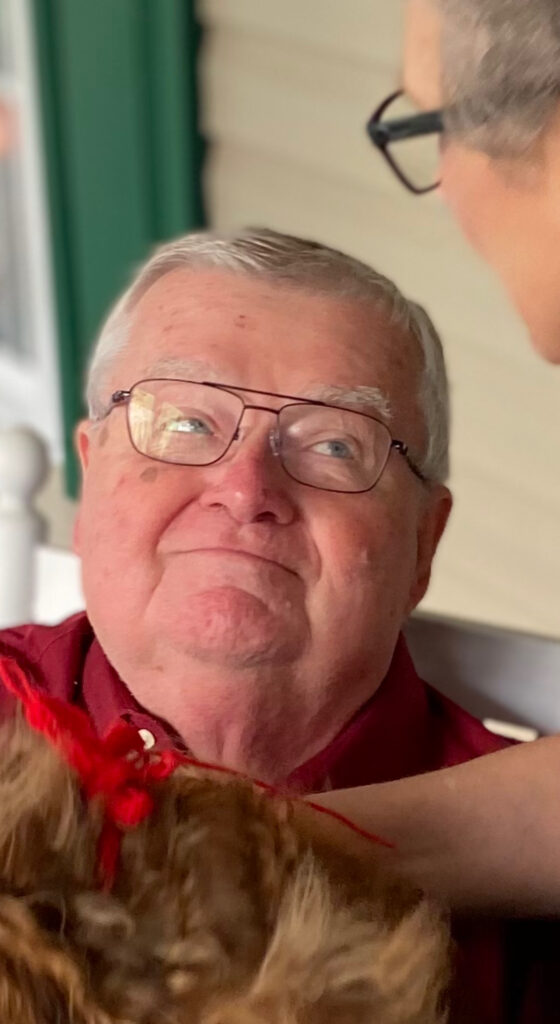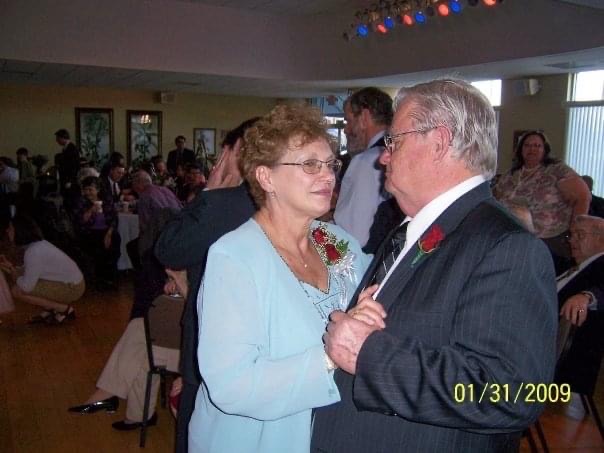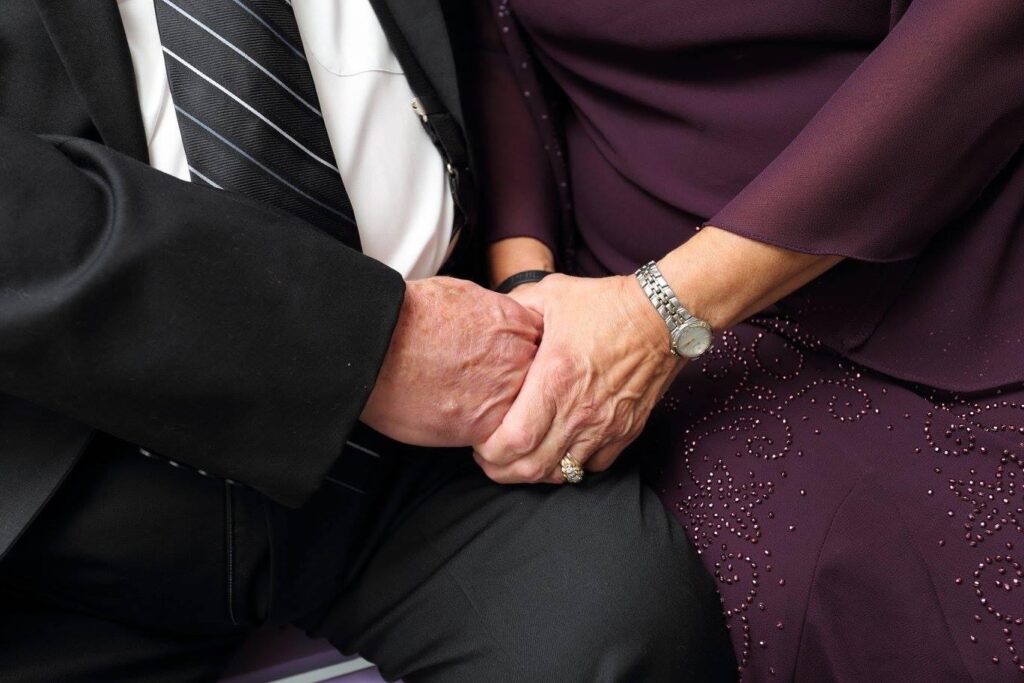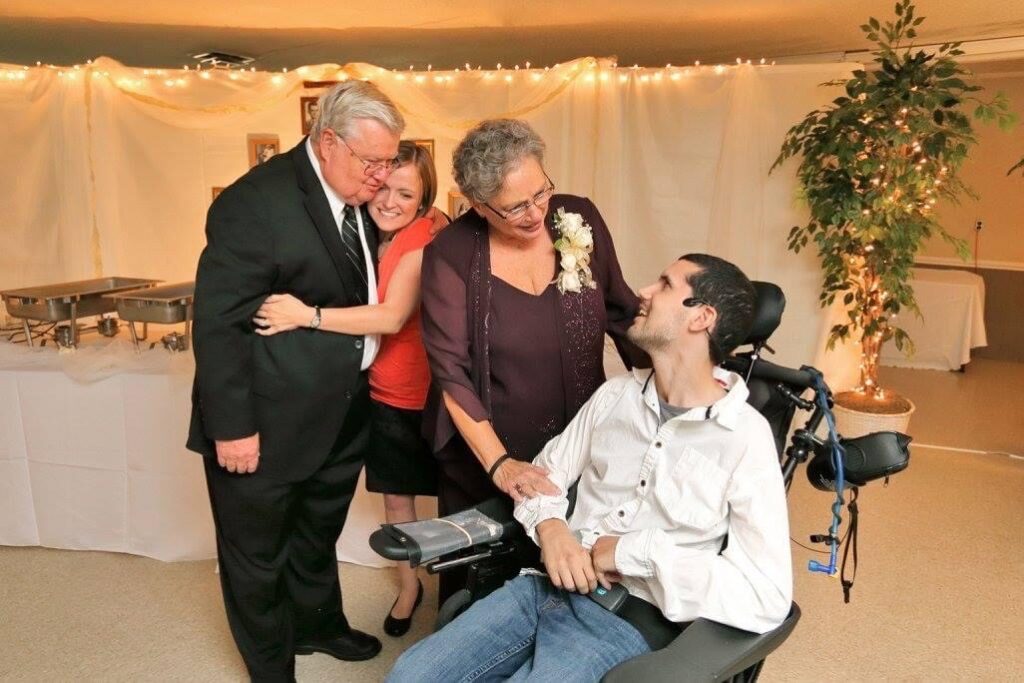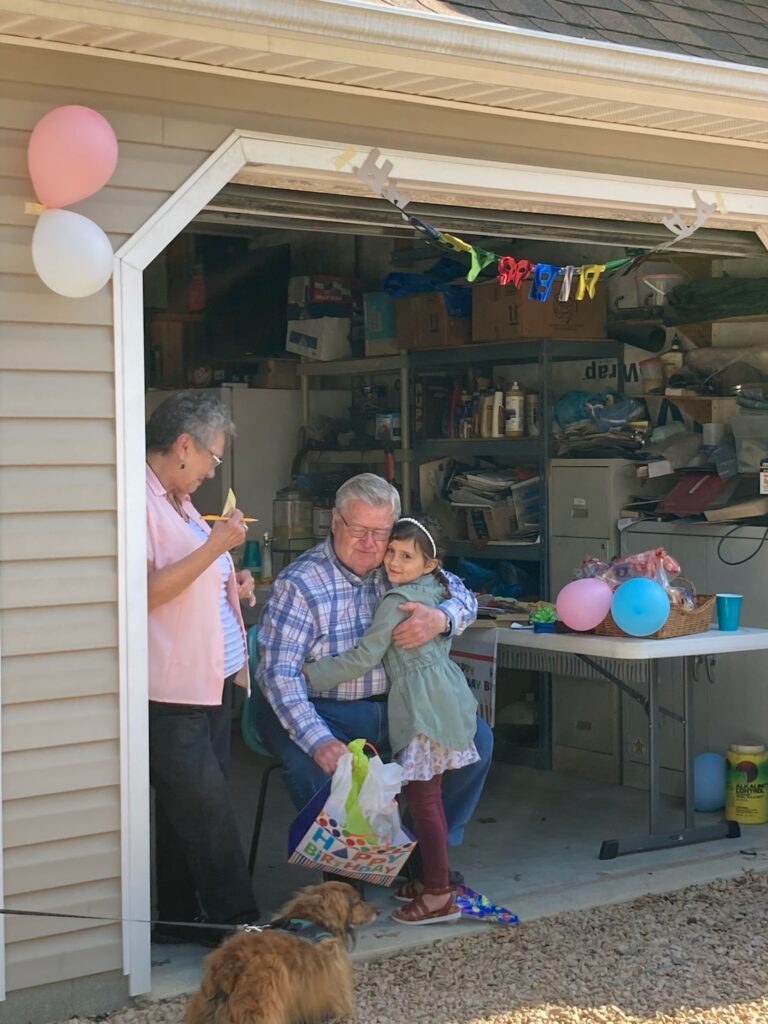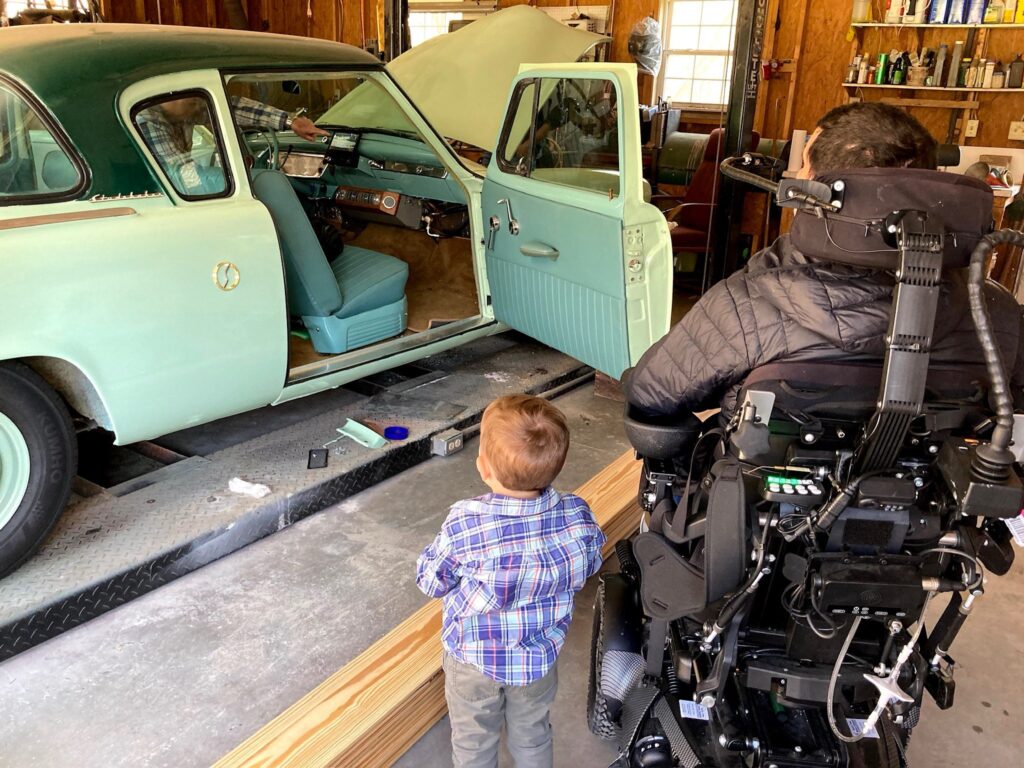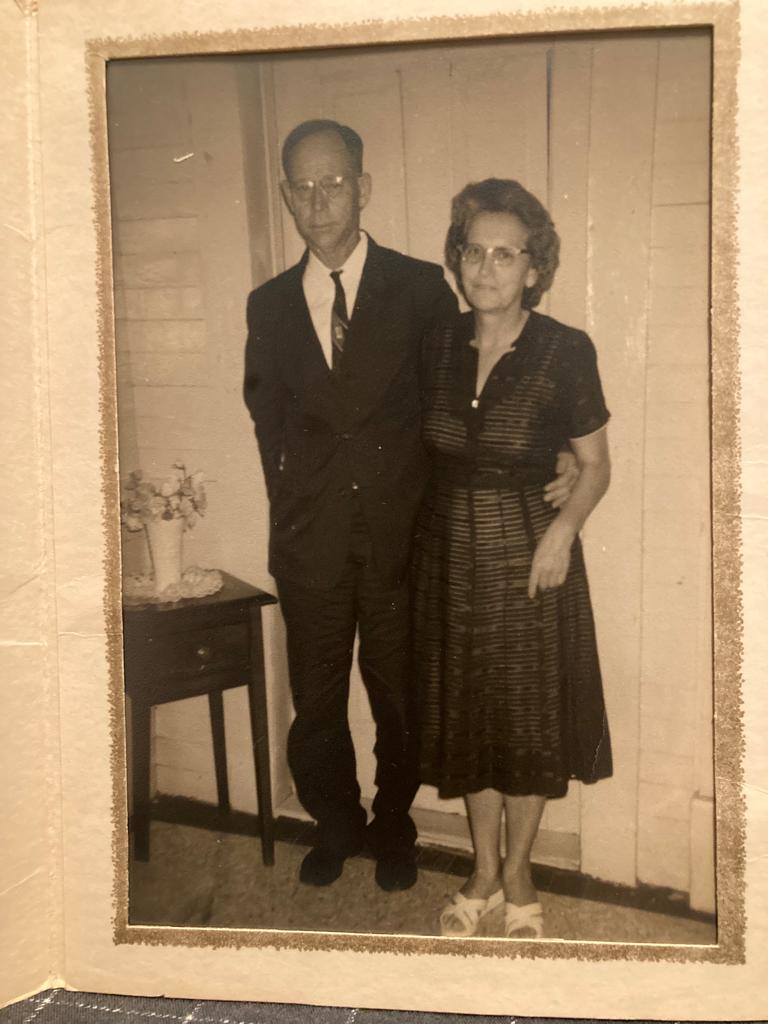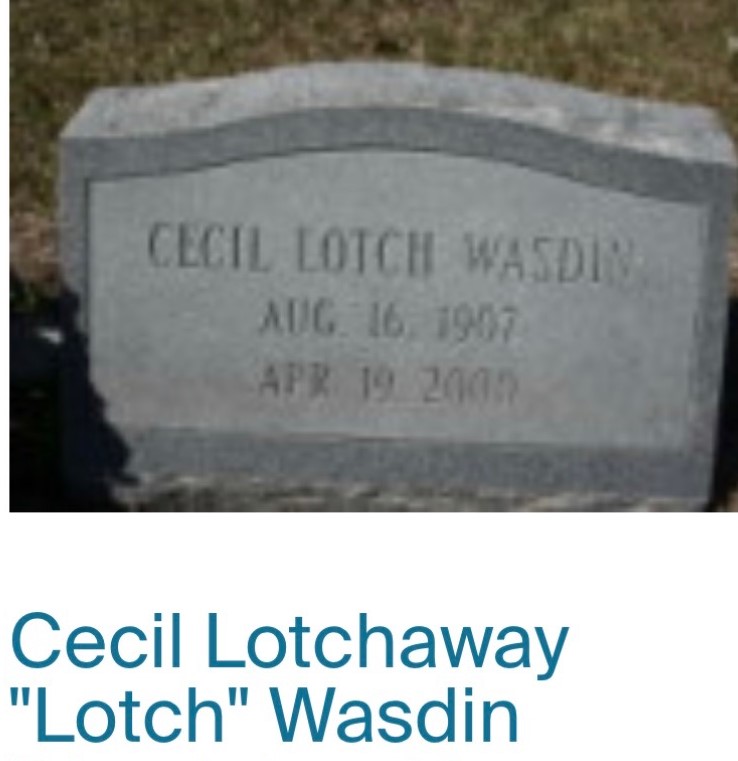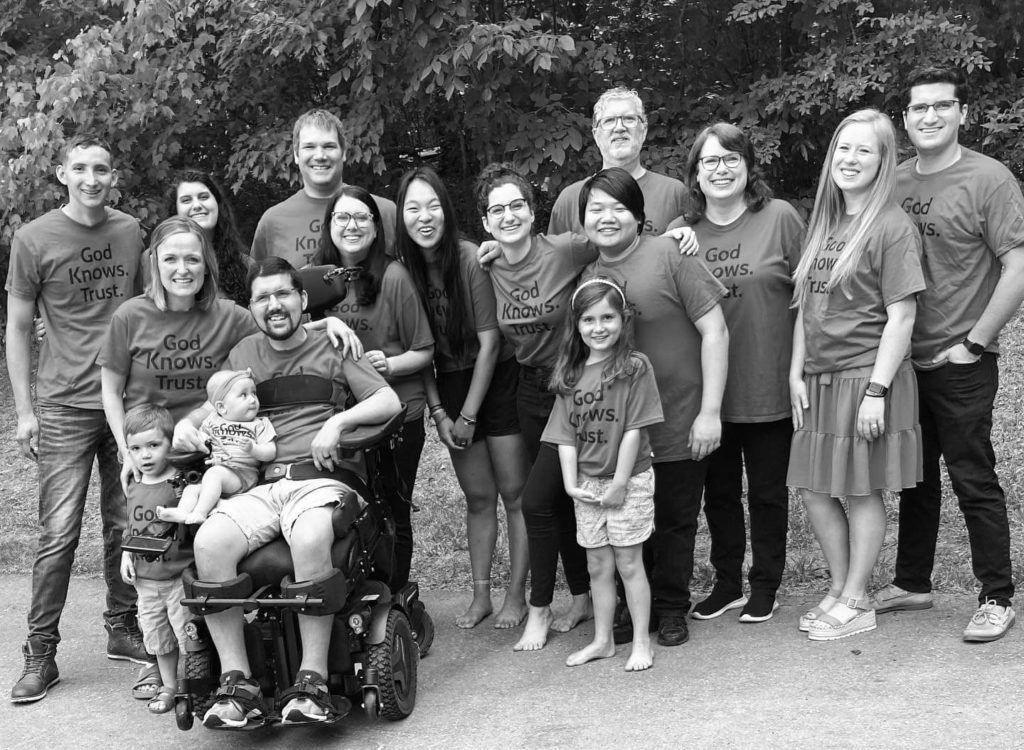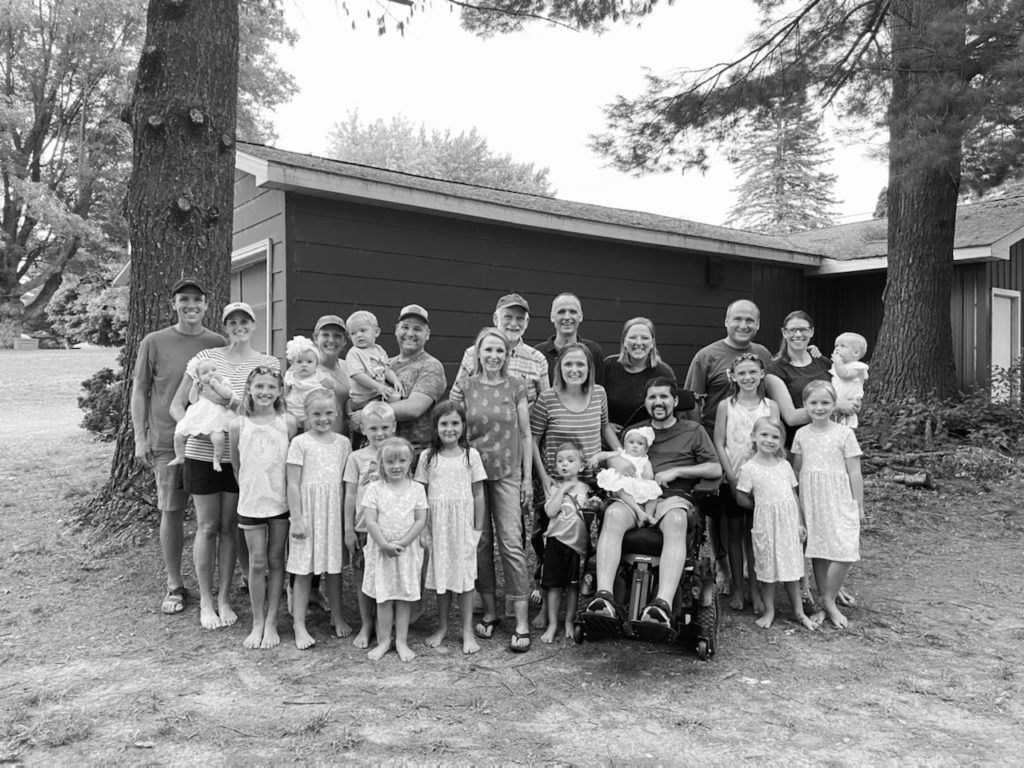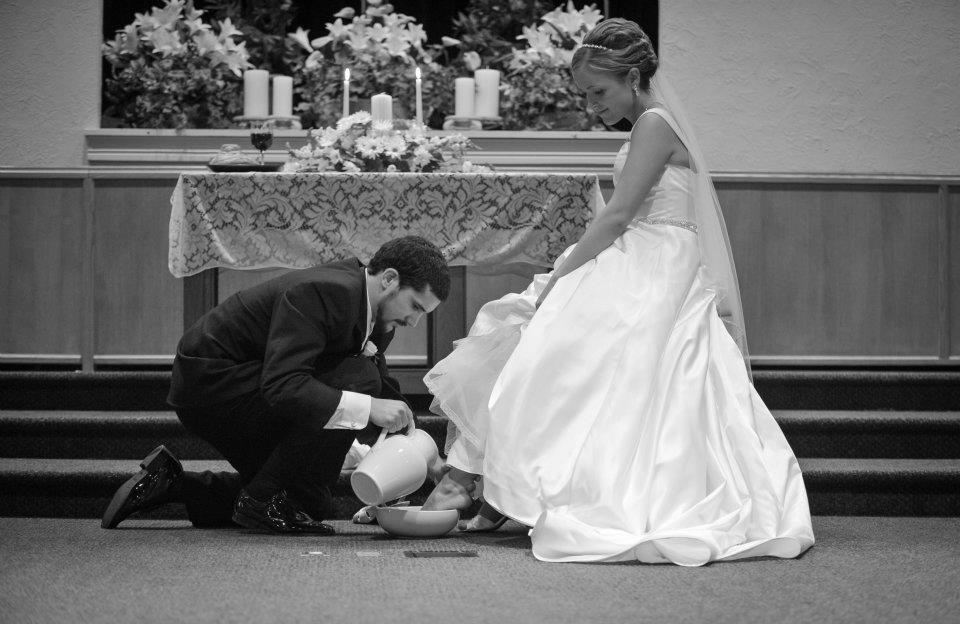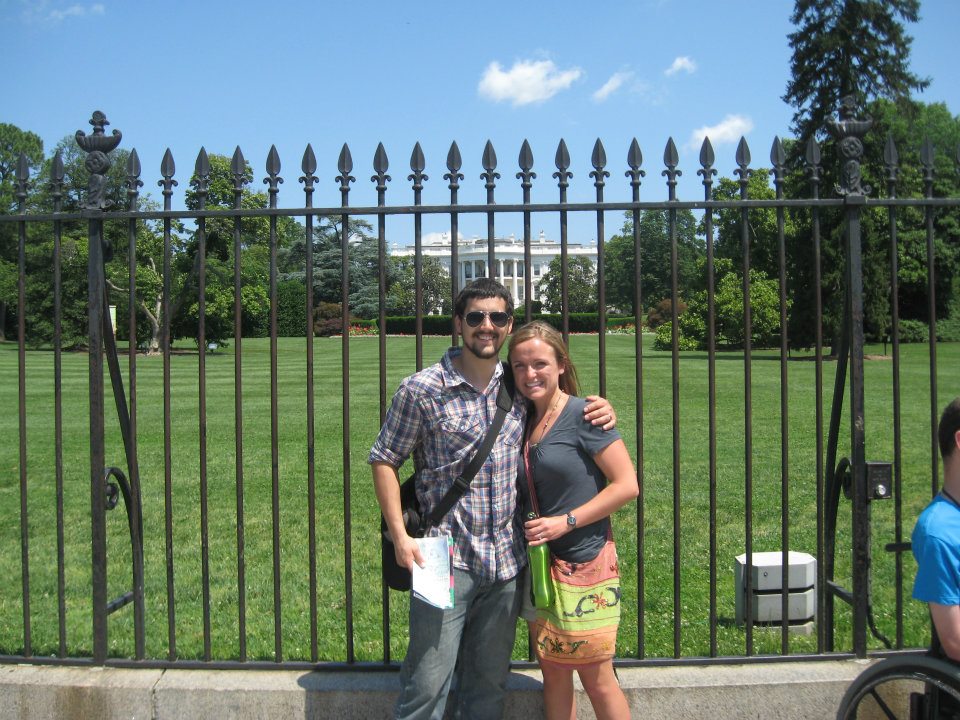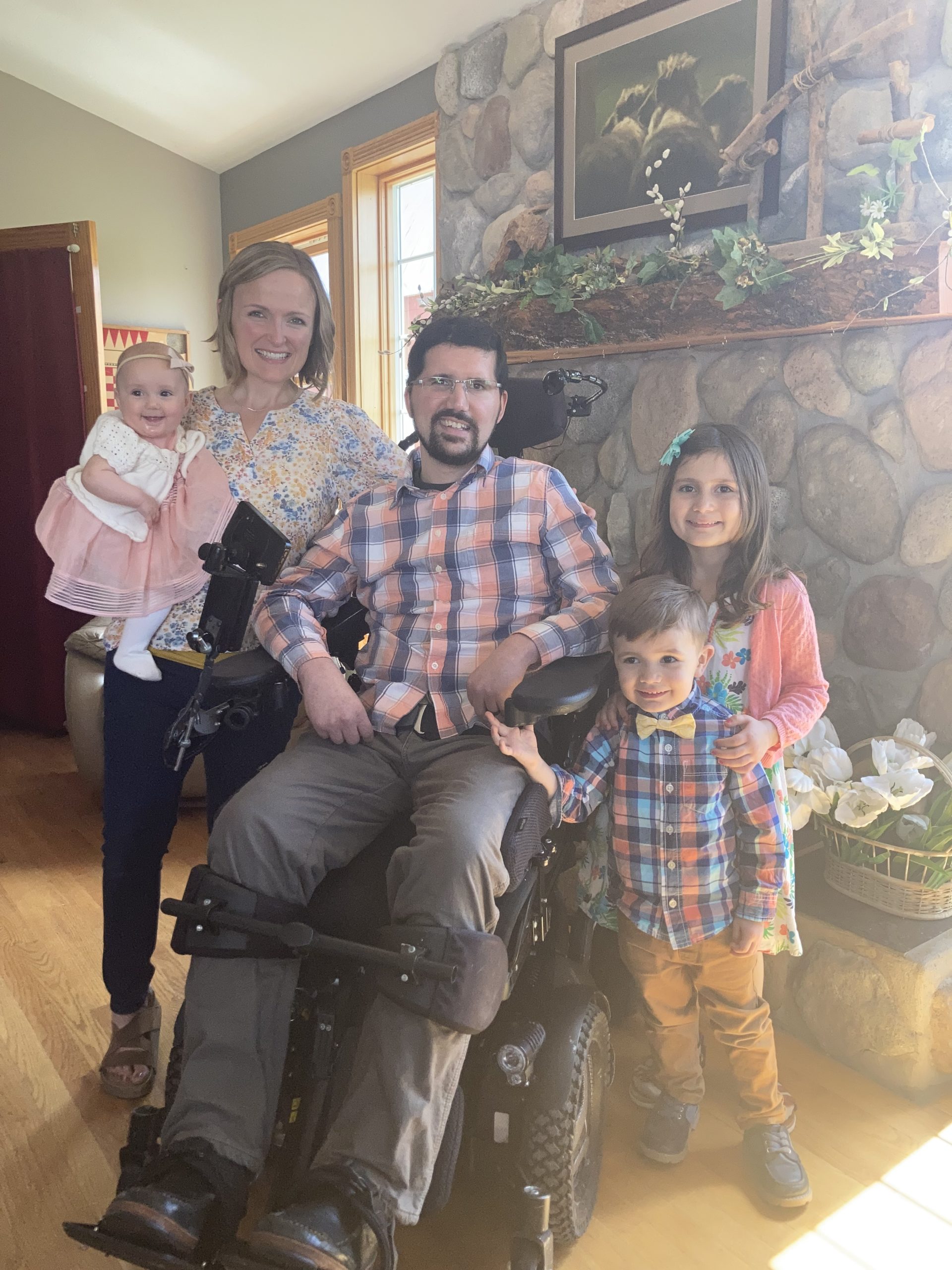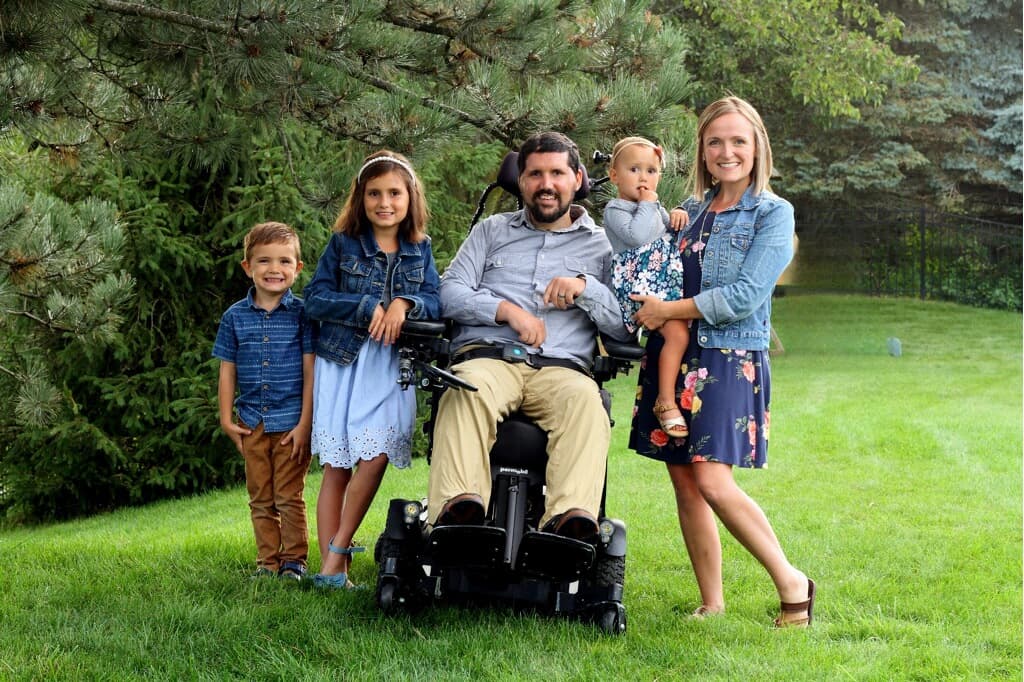Know that phrase, “The days are long, but the years are short”? While this year certainly did feel short, many a day seemed to fly by faster than we wanted.
The temptation to fill our lives with hurry is perhaps a uniquely modern, uniquely American issue. Maybe I’m wrong. In any case, we’re finding the pull getting stronger as our kids get older. Hurry to school, hurry with homework, hurry to this or that activity. Whenever we sit down (or in my case, stop rolling), our screens allure us with the promise of more productivity, which will lead to more perceived success, but which can only be classified as hurry.
Even with my Type B personality, it wasn’t until earlier this year that I considered the concept of hurry as actually detrimental to our life as a family and as individuals in pursuit of Christ. While there is a time and a place for rushing, much of life is far less urgent than we think. I have yet to hear of someone dying from too little stress. Or families wishing they had spent more time doing things and less time being together. Still, the temptation to always feel accomplished is undeniably real. And none of us are immune to its draw.
That desire to always be on the go, that fear of missing out, that dangling carrot of fully controlling our own lives has deep roots. It began with our first parents, Adam and Eve, who bought the lie that they could be like God if they did things their own way. Millennia later, though the temptation is less blatant than when Satan explicitly told Eve that disobeying God would make her God’s equal, we still buy the lie that we’re better at managing our own lives than God is.
The subtlety lies in the fact that much of what we’re hurrying to do isn’t wrong – often we’re in a rush to do good things. Education is good. Serving in church is good. Sports and other activities for the sake of our children’s positive growth are all good. But when control over these, or any other things, becomes the focus of our lives, it can all too easily become a bite of forbidden fruit: us trying to be like God on our own terms. And you and I make sorry gods.
Psalm 46:10 puts things in proper perspective, and us in our proper place.
“Be still, and know that I am God.
I will be exalted among the nations,
I will be exalted in the earth!”
“Be still.” The New American Standard Bible translates that little Hebrew word as “stop striving.” Ok, so God wants us to calm down? Perhaps. But not for the sake of calmness. God has something better than low blood pressure in mind.
“Be still and know that I am God,” He says. For Christians this little sentence all too often becomes minimized to a mere platitude that means nothing more than “Relax, God exists.” But the whole of Psalm 46 speaks of God’s unstoppable power, His unshakable sameness, the safety of His shelter, the inevitable, reciprocal pleasure of all creation exalting Him. With this in mind, “know” becomes less of a passive acknowledgement that God is probably out there somewhere, doing His God thing that doesn’t have much to do with your daily grind. Rather, it’s a call to actively know, from your brain on down into the depths of your soul.
He is God and we are not. And that is very good news. We don’t have to carry the weight of the world on our shoulders, nor do we have to grip the reins of our own frenetic lives as tightly as we like to convince ourselves we must. As a matter of fact, it’s better that we don’t. This doesn’t eliminate responsibility, but it does free us from slavery to the next thing (because there’s always something else, something “more” after this or that has been accomplished).
Advent is meant to be a season of slowing down, of remembrance, reflection, rest. Let’s not buy into the frenetic feeding frenzy of gifts and activities that the world holds forth as a promise of satisfaction. Let’s look back to The Gift, the only Source of true satisfaction – the God who condescended to come down as a human baby, live the life we could not, die the death we deserve and defeat death by bursting victorious from the grave.
Our little family is still learning to exchange hurry for rest, but perhaps it will be a lifelong lesson. We’re grateful for the abounding kindness of God in sending His Son to seek and to save us who were lost; we’re also grateful that He brings us to our knees with His daily, unceasing kindness. With all this in mind, here’s a little update on how we’re doing…
Lane and Emily are growing in our love for each other as we grow in our love for our Savior. May 4th marked thirteen years of marriage for us, and it never gets old. If you have been married longer than a decade, you can attest with us to the fact that every year, though full of ups and downs, draws you a little farther from yourself and a little closer to your spouse.
While Lane has been continuing with therapy and book-writing (almost done!), he’s also been trying to keep his chair from tipping over and bashing his head on the ground again. That’s a long story involving the ER and a weekend-long ICU stay in August – but by God’s grace, he’s just fine. Thank goodness, because he’s thoroughly enjoying reading with (or being read to by) the kids every day. Now that we have two going to school, there’s a lot more homework to oversee, which he’s a fan of helping with (or at least trying to look smart to his ever-growing kids). He’s also been privileged to serve as a deacon this year, and is constantly amazed at all the ways that God works in and through our local church.
Emily was rightly deemed SuperMom in last year’s Christmas update, and continues to hold that title undisputedly. Along with helping carpool both Nyra and Jackson to school (not sure what we’d do without the other drivers), she’s doing preschool with Lael at home. Emily keeps up with her nursing continuing education credits in addition to filling in as Lane’s caregiver as needed. She’s also been going crazy with homemade sourdough. Her husband and kids are spoiled with homemade bread, pastries and occasional experiments, for which we are grateful guinea pigs. Emily is a leader in our church’s Wednesday night Awana program, and has really enjoyed getting to know the girls she works with.
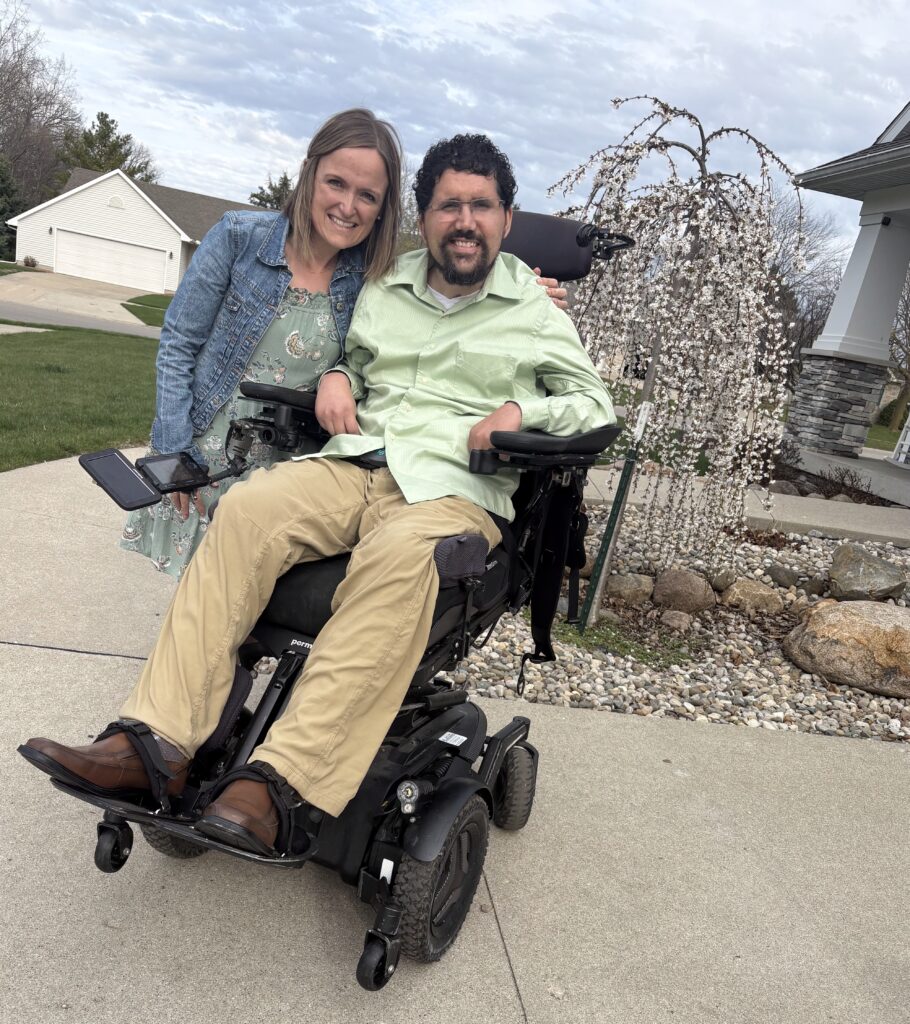
Nyra is plugging along in her increasing workload at school. If you’re a parent, you can probably relate to feeling pretty smart until your fifth-grader asks for help with their homework. I have all but given up on trying to be the “smart” dad. Beyond school, she’s keeping busy (but hopefully not hurried) with piano lessons and her own time at Awana. The 3rd through 6th grade group in Awana is called “T&T”, which stands for Truth & Training. While all the grade levels incorporate both truth and training into their groups on Wednesday nights, T&T is more focused on personal spiritual growth. Nyra has been truly growing in her faith, particularly this year. She experienced another week at Camp Barakel this summer, and loved every minute of it. Camp Barakel was critical in the spiritual formation of Emily and her siblings (and so many others), and God has been using it in the life and soul of our girl as well. On November 2nd, after months of asking about it and lots of conversations, Nyra took the step of publicly proclaiming her growing faith in Christ by getting baptized.
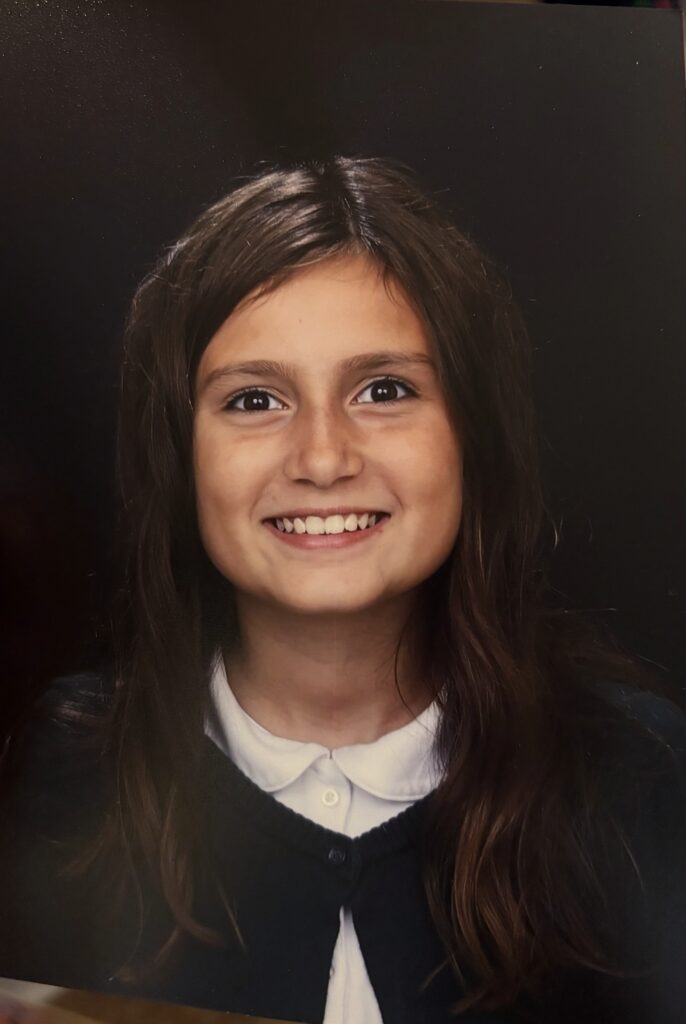
Jackson turned seven in August, and joined Nyra at her school that same month. Just like with Nyra, we were a little worried how he would transition from home life to school life; but just like with Nyra, he dove in headfirst and hasn’t looked back. He loves everything about first grade, but especially all the reading. Recently he’s been really into numbers. He’ll randomly spout out equations to the rest of us. He’s already got a head start on his number-averse daddy. It’s been cool to watch him come home and compare the day’s events with his big sister. They swap stories and songs often (music is a big part of learning in their school). We love hearing about their school days when they make it home, often over a well-earned snack and (lately) hot chocolate. Like his sisters, Jackson is involved in Awana (this is his second year in Sparks, the K-2nd grade group), and he’s faithfully committing multiple verses to memory each week. Our little boy grows bigger and more mature every day and loves his sisters hugely, while still staying silly and often has a joke or riddle up his sleeve. His mind and his heart are starting to outgrow his seven-year-old frame. T-ball was last year, soccer was this year, and Jackson is itching to try something new next year.
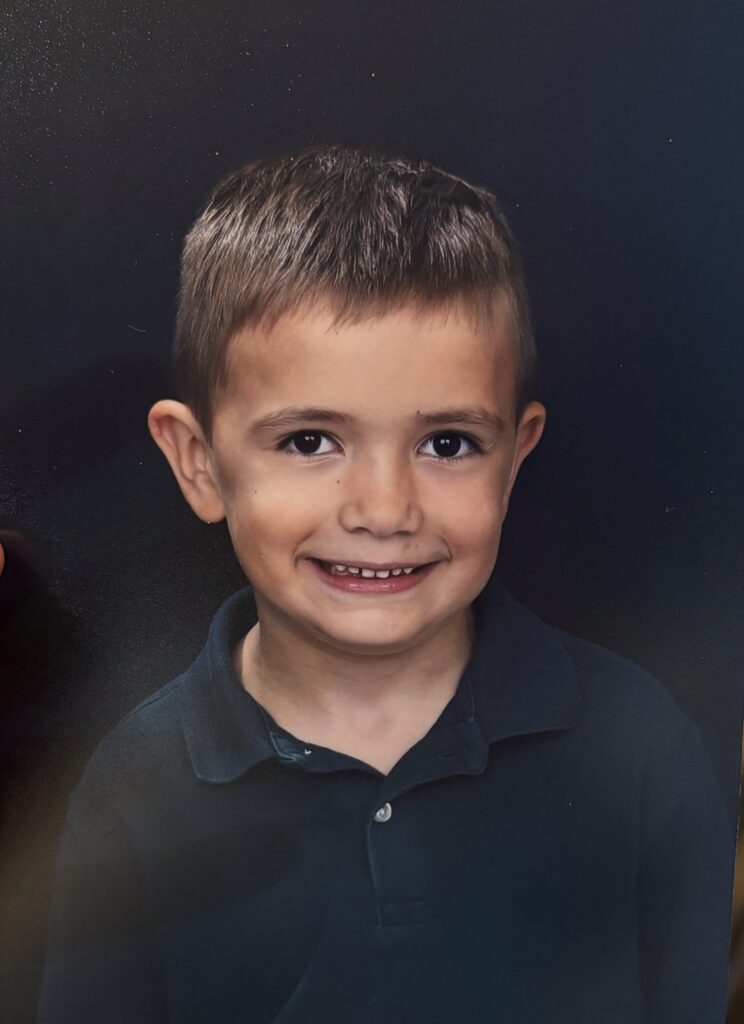
Lael turned four in October. She remains our most adventurous eater, and if her personality doesn’t change much, she may turn out to be our most adventurous child in general. Being the youngest and not yet able to keep up with her older siblings sure hasn’t stopped her from trying. Everything they do is exactly what she wants to do, and she’s determined to not get left behind. Emily has been teaching her letters and numbers, so now she (Lael) is an unstoppable force in writing “L-a-e-l” as often as she can. Lael loves playing with her siblings, cousins, and friends from church as much as possible. She’s working hard in Awana (she learns one Bible verse each week as a Cubbie), and is a joy to everyone she shakes her bouncy curls at. Each of our kids have their own unique brand of humor, and Lael’s is a blend of slapstick and wild facial expressions. She loves books, and often asks Mommy to read her a Bible story around lunchtime.
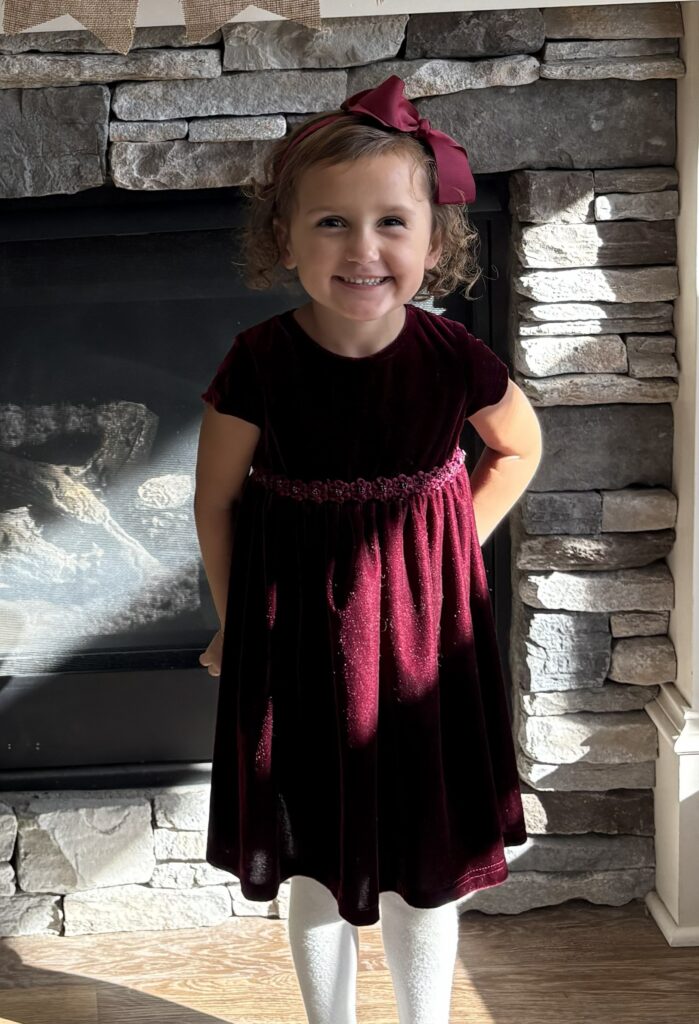
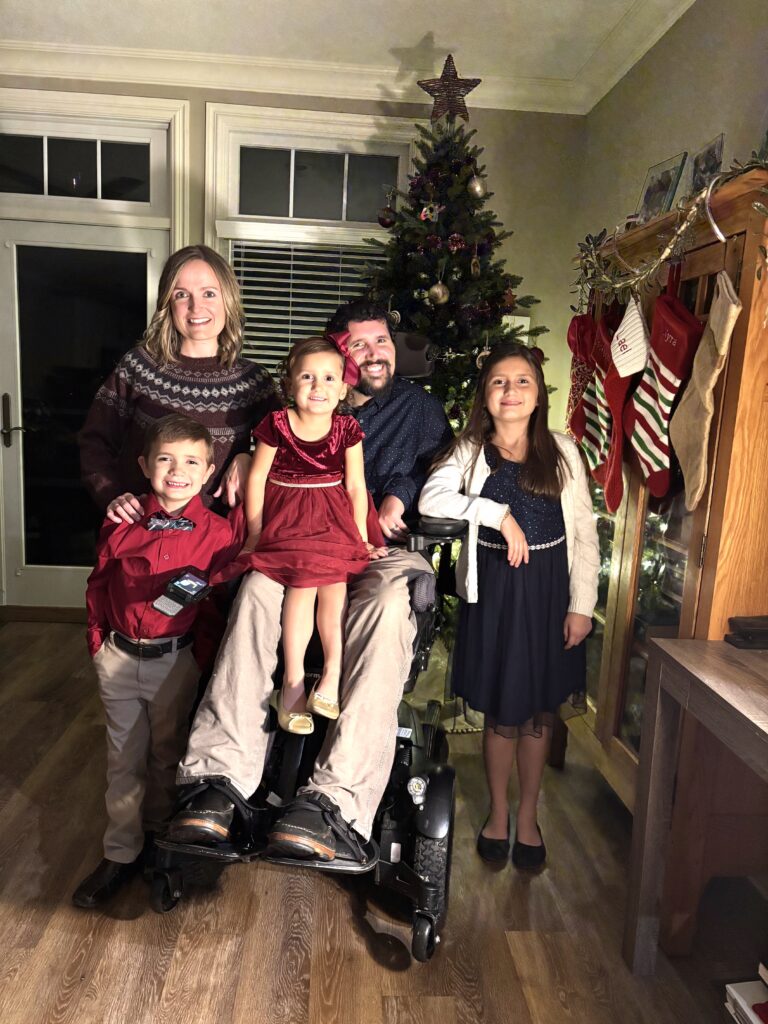
Merry Christmas from us to you!
